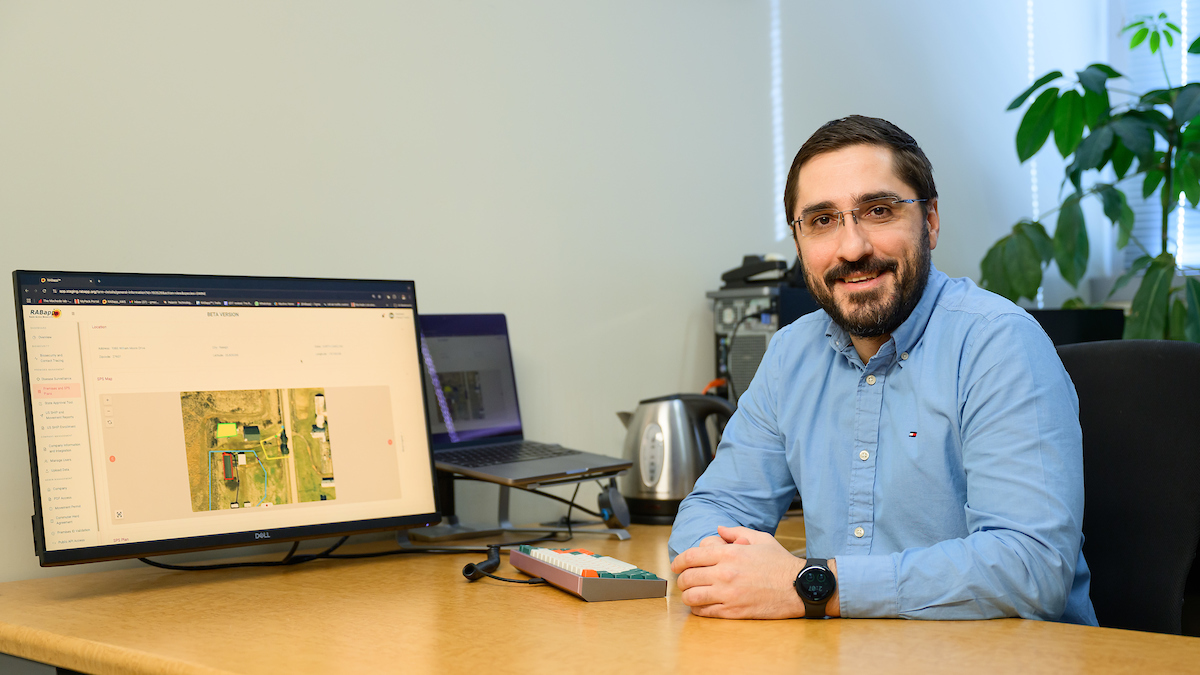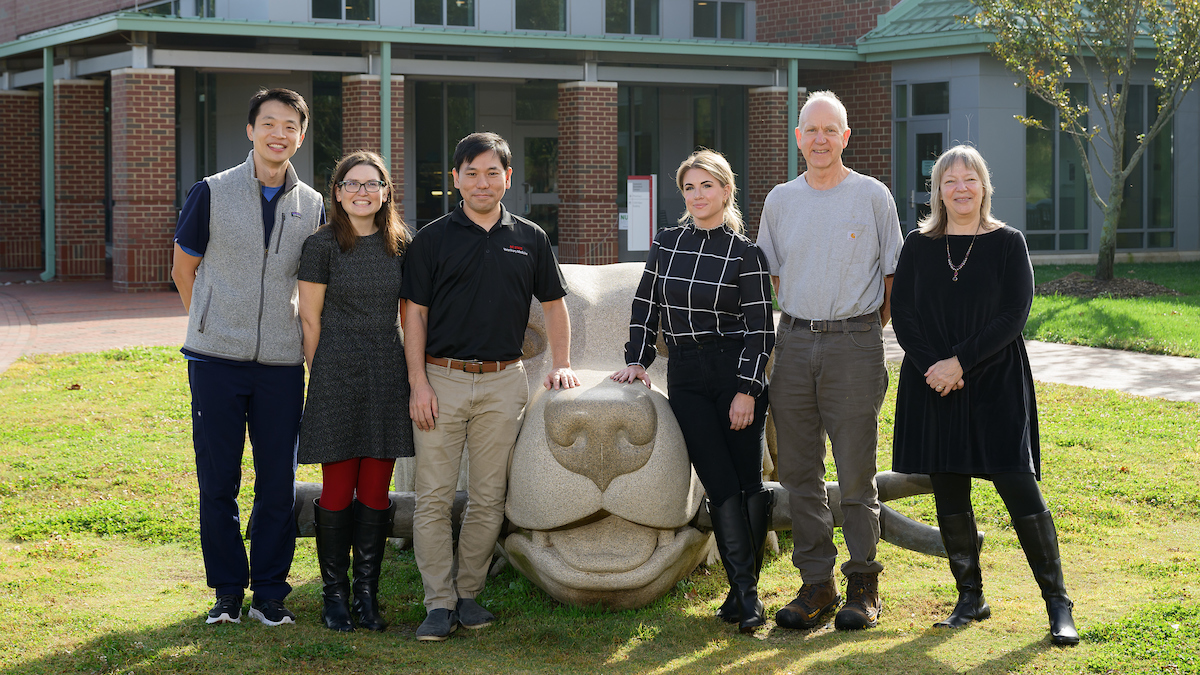Dr. Breen Featured in AKC Canine Health Foundation Podcasts
The American Kennel Club and the AKC Canine Health Foundation produce a podcast series called Genome Barks that feature leading scientists and researchers who have spoken at AKC-CHF Breeder Symposia or who are CHF grant recipients.
Dr. Matthew Breen is featured in a two-part interview with Lee Arnold, Vice President of the AKC Canine Health Foundation.
1. Direct download: Genome_Barks_Podcast_-_Matthew_Breen_Interview_1.mp3
In this edition of Genome Barks Lee Arnold, Vice President of the AKC Canine Health Foundation welcomes Dr. Matthew Breen of the College of Veterinary Medicine at North Carolina State University. Dr. Breen, recent winner of Asa Mays DVM, Excellence in Canine Health Research Award, gives us insight into Lymphoma and other canine cancers and explains the usefulness of the canine model for human research. Dr. Breen played a key role in the mapping of the canine genome and now uses his skills and resources to focus on the molecular cytogenetic evaluation of canine tumors as a means to discover the genes involved in the initiation and progression of cancers. In addition to his activities at NC State University Dr. Breen was a founding member and now serves on the Board of Directors of the Canine Comparative Oncology and Genomics Consortium, Inc (CCOGC).
2. Direct download: Genome_Barks_Podcast_-_Matthew_Breen_Interview_2.mp3
This week’s edition of Genome Barks is a follow up to our recent interview with Dr. Matthew Breen. Dr. Breen, while a world renowned cancer researcher, is also the Treasurer of the Canine Comparative Oncology & Genomics Consortium (CCOGC). Jointly sponsored by the AKC Canine Health Foundation, Morris Animal Foundation, and Pfizer, the CCOGC is a collaboration of Veterinary and Medical Oncologists, Pathologists, Surgeons, Geneticists, and Molecular and Cellular Biologists. This group determined that a well-described repository of tissues (tumor and normal) from tumor bearing dogs was an essential resource needed for advancing our understanding of canine cancer. The biospecimen repository houses tumor tissue, normal tissues, serum, plasma, peripheral blood mononuclear cell preparations, genomic DNA, RNA and urine samples. The goal is to optain 3,000 samples of lymphoma, osteosarcoma, melanoma, hemangiosarcoma, soft tissue sarcoma/histiocytic sarcoma, mast cell tumors and lung cancer.
- Categories:


